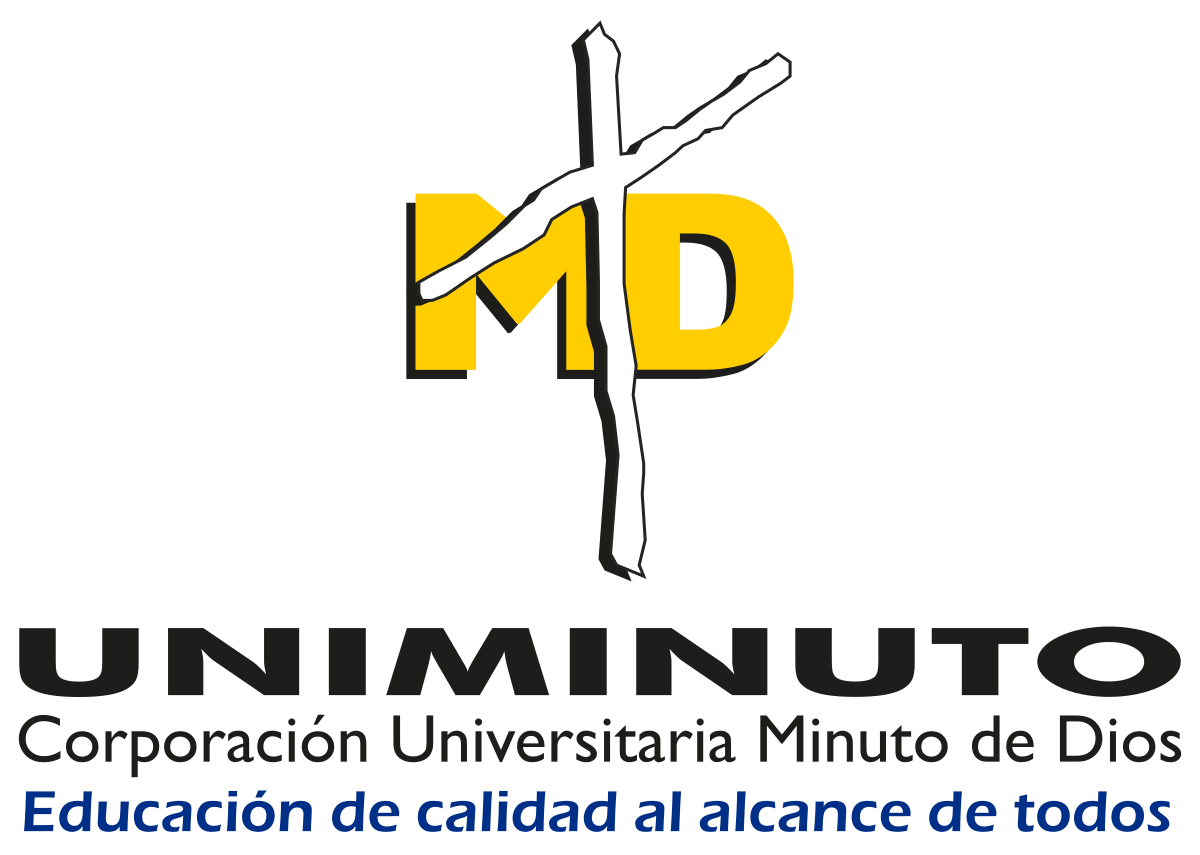



Editorial
The new changes. Education and today's world.
Los nuevos cambios. La educación y el mundo de hoy.
Revista Perspectivas
Corporación Universitaria Minuto de Dios, Colombia
ISSN: 2145-6321
ISSN-e: 2619-1687
Periodicity: Trimestral
vol. 18, no. 23, 2023

The changes brought about by the COVID19 pandemic have been significant, affecting all areas of life as we know it. The efforts to adapt are varied and important; in the case of education, these changes are more profound and complex. Historically, education has had to adapt to constant and changing demands for its very reason for being, to educate to meet the needs of the environment; today, a global environment that seeks comprehensive and skilled individuals for the world and in this way achieve a positive impact on society.
Latin America has approximately 156 million students (United Nations, 2021; CEPAL, 2020) and 68 million affected educators (Aleman Vilca, Alarcon Saravia, Monzon Alvarez & Pastor Xespe, 2021) during and post-pandemic, which widens the inequality gap for access to education. Clearly the world was not prepared for such a global health situation and the solution in the case of education was to migrate towards virtual, distance and remote face-to-face education; deteriorating interpersonal relationships (Moya et al., 2020) and the psycho-pedagogical care of the training process (Argandoña Mendoza et al., 2020).
The use of digital platforms to which not everyone had or has access and/or knowledge in their use, made things even more difficult, hindering the effective educational inclusion that must be achieved (Quintana and Vida de León, 2022), bringing varied consequences such as: increase in forced school dropout; stress, depression and anxiety; learning depends on adults at home; use of multiple digital platforms; others (Gómez-Gómez, Hijón-Neira, Santacruz-Valencia and Pérez-Marín, 2022).
Numerous studies have been carried out and the results and actions are varied, which gives rise to further research, in an attempt to remedy the damage and adapt to new needs. Thus, the new issue of Perspectiva Magazine brings with it several proposals focused on the evaluation of education and adaptations to the teaching-learning binomial:
In the article entitled "Coexistence and peace-building at the La Combura rural school in the municipality of Une Cundinamarca", the authors designed pedagogical and inclusion strategies that allowed them to strengthen coexistence and peace-building in children aged between 7 and 12, using participatory action research to delve deeper into the context and transform the social and human reality related to the social discrimination of which some children are victims.
You will also find the article "Reflections on the University applied to UNIMINUTO", which reviews, considers and rethinks the university work in its three substantive functions (teaching, research and social projection or extension), the study is made from the review of 30 years of life of the university under study which led to the conclusion that it is necessary to maintain the adaptability of the different orders and rational styles both in the university and in society.
The article entitled "Gamification, a didactic strategy to improve inferential reading in an educational institution in Casanare Colombia", this document shows from a mixed approach the strengthening in the level of inferential reading that students have by using gamification, the study concludes that gamification is a useful tool in learning processes because it energises pedagogical practices and educational environments for the teaching of reading.
The article "Importance of self-regulated learning in the pedagogical design in primary school" analyses the relationship between the pedagogical design of teachers, the implementation of self-regulated learning and the impact on the academic performance of primary school students; the phenomenological and hermeneutic-interpretative approach constituted the method, within its results it highlights the importance of web 2. 0, the arts and games that promote mediation between teaching-learning, it is concluded that well-structured pedagogical designs are crucial for the self-regulation of learning in students, improving academic performance while promoting their comprehensive training.
The article entitled "Afro-Colombian songs as a didactic strategy to strengthen reading comprehension in 6th, 7th and 8th grade students at the Soledad Medina Secondary School, Chaparral, Tolima" also shows how the use of lyrics from traditional Afro-Colombian songs as a didactic strategy can strengthen reading comprehension in 6th, 7th and 8th grade students. For the collection of information, a conscientious interview was used to gain access to cognitive aspects or perception of Afro-Colombian culture and traditions.
The contribution entitled "Analysis of the results of the diagnostic survey applied to research semilleristas in the framework of the design of a training school for the University of Cundinamarca", focused on the application of a diagnostic survey and the training of a pilot group of semilleristas. It is concluded that a Training School for Research Seminarians should be designed in accordance with the realities of the new generations eager to do research, taking advantage of the use of current technological tools.
Another interesting article you will find in this issue in "Analysis of Bronfenbrenner's ecological model, its application to the perception of time in the classroom" is a reflective research that is a valuable tool for understanding how different environmental influences interact and affect the perception of time in the school classroom. It concludes that the COVID19 pandemic has come to reshape teaching practice and didactic approaches within the classroom.
In the same vein, the article entitled "Technological inclusion: social and cultural changes in reading and writing in the context of covid-19", which sought to analyse the changes that occurred in the social and cultural processes of reading and writing during the pandemic, in its transition from face-to-face to virtuality. The bibliographic review facilitated the method, enabling the results to highlight the need for the school to establish lines of reflection that will contribute to the improvement of the social and cultural processes of reading and writing, based on technological inclusion.
Within this first group of articles is "Case study of social vulnerability in students of a secondary school in Mexico after the COVID-19 pandemic, which sought to understand the difficulties faced by students in the distance education process received during the COVID-19. It was found that not all students had access to the internet, some others had deficiencies in the use of digital tools, which generated exclusion and social inequality. It is concluded that there is a need to promote basic education in digital media training.
It is clear that today's challenges are not only in the field of education. Understanding that the world has changed and the way of educating, doing business, retaining internal collaborators, guaranteeing minimum standards, among others, is necessary in order to be able to continue to move actively in the new social, economic, environmental and human order. Thus we find articles that highlight the importance of adjusting the realities of other disciplines of knowledge:
"The Power of Multinational Corporations in Social Media Meta, Regulation and the Metaverse" is an article that exposes the power of social media and how it has driven other means of communication and interaction with other people, through a world called the Metaverse. The authors state that their research will provide a broad overview of the future consequences of not having certain guidelines to start using this new way of communicating in 5 to 10 years or so and that we should all think long and hard about it.
"Approaches to the current state of micro and small enterprises in the tourism sector from the analysis of four dimensions proposed for an intelligent and sustainable management model: the case of Sabana Centro". Among the main findings, it was found that accounting management is based on the entrepreneur's own practices and not on accounting techniques; no manuals of functions or processes are adopted. It is concluded that tourism promotion policies and business management models should be designed according to the realities of MSMEs, in terms of factors to be considered such as the lack of technological access, lack of knowledge of management tools, and little state support.
This new issue invites you to explore new research trends on education and gender, educational inclusion, educational innovation (use of TICS), pedagogical practices, education for peace and post-conflict.
REFERENCES
Aleman Vilca, Y., Alarcon Saravia, P. J., Monzon Alvarez, G. I., & Pastor Xespe, K. H. (2021). Education priorities in he wake of the COVID-19 Pandemic. Minerva, 2(5), 5-12. https://doi.org/10.47460/minerva.v2i5.29
Argandoña Mendoza, M., Ayón Parrales, E., García Mejía, R., Zambran-Zambrano, Y., y Barcia-Briones, M. (2020). La educación en tiempo de pandemia. Un reto Psicopedagógico para el docente. Polo del Conocimiento, 5(7), 819-848. https://dialnet.unirioja.es/servlet/articulo?codigo=9083769
CEPAL, N. (2020). La educación en tiempos de la pandemia de COVID-19. Disponible en https://repositorio.cepal.org/handle/11362/45904
Gómez-Gómez, M., Hijón-Neira, R., Santacruz-Valencia, L., & Pérez-Marín, D. (2022). Impacto del proceso de enseñanza y aprendizaje remoto de emergencia en la competencia digital y el estado de ánimo en la formación del profesorado. Education in the Knowledge Society (EKS), 23. https://doi.org/10.14201/eks.27037
Moya, J., Anguera, M. T., Fornells, E., De Armas, M., & Catalá, M. (2020). Análisis prospectivo de los cambios en las relaciones interpersonales en el contexto de la pandemia covid-19. Disponible en https://raed.academy/wp-content/uploads/2021/01/Analisis-prospectivo-del-futuro-de-las-relaciones-interpersonales-en-el-contexto-de-la-Covid-19-v.26-cmpr.pdf
Naciones Unidas. (2021). Más de 168 millones de niños pierden casi un año de escolarización debido al COVID-19. Disponible en https://news.un.org/es/story/2021/03/1489032
Quintana, J. G., & Vida de León, E. (2022). Brecha Digital Versus Inclusión en Educación Primaria. Perspectiva de las Familias Españolas. REICE:Revista Iberoamericana sobre Calidad, Eficacia y Cambio en Educación, 20(2), 85-104. https://doi.org/10.15366/reice2022.20.2.005

